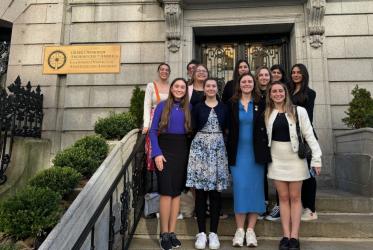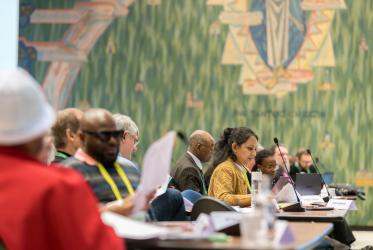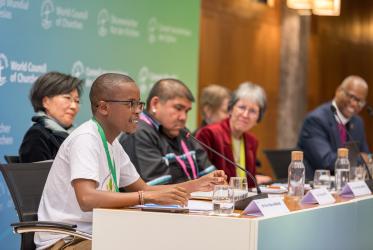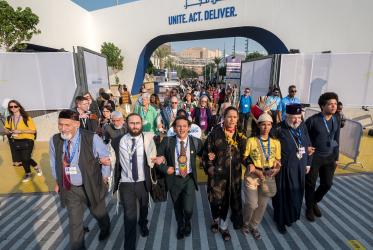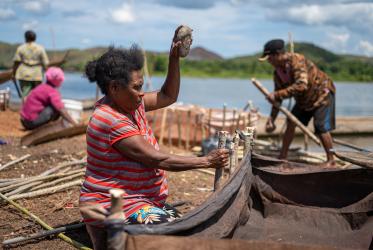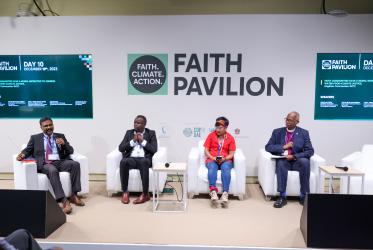Displaying 1 - 20 of 1198
Prayer Service - "United Nations Permanent Forum on Indigenous Issues"
15 April 2024
Church Centre (first floor), United Nations, New York (777 United Nations Plaza)
Voice of churches vital during UN women’s rights talks
28 March 2024
WCC mourns loss of Dr William Stanley, who pursued economic justice
18 December 2023




